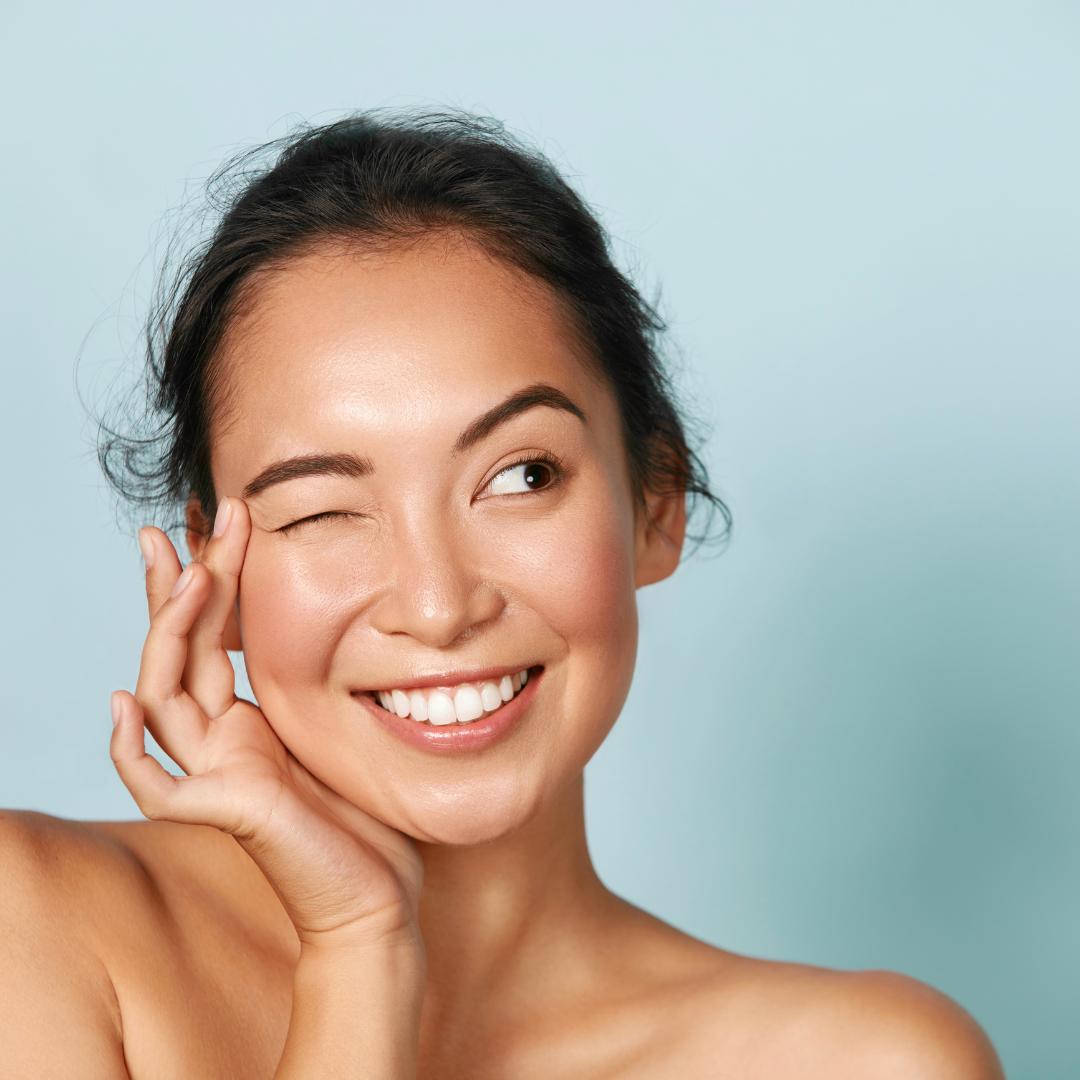Most of us know about collagen—the stuff that makes your skin glow and helps you look younger. But did you know that it's more than just an beauty product, its actually extremely important!
Collagen is the most abundant protein in your body. It is responsible for keeping skin smooth and youthful, improving nail and hair strength, lowering blood pressure and cholesterol levels, reducing joint pain, supporting gut health and much more.
What is Collagen?
Collagen is the most abundant protein in your body.
It’s the main component of connective tissues that make up several body parts, including tendons, ligaments, skin, and muscles.
Collagen has many important functions, including providing your skin with structure and strengthening your bones.
There are 28 types of collagen, but here are the four most common.
Type I: the most common type, found in all connective tissue
Type ll: found in joints and intervertebral discs
Type lll: the main component of reticular fibers, which are found in your skin and blood vessels
Type lV: a component of your kidneys, inner ear, and eye lens

Benefits of Collagen
Collagen is so much more than a beauty need, here are some of the amazing benefits of collagen.
Skin Health:
Controls Skin’s Elasticity
Higher the collagen levels, the higher the skin elasticity. As it aids in holding onto moisture and improves the density of fibres within the skin. This gives a youthful appearance.
Delays Aging
Lower levels of collagen wear out the bond between different skin layers. This could lead to early or premature aging too. Visible signs of aging include fine lines, wrinkles, flat cheeks, and under-eye hollows.
Hydrates Skin
Skin hydration is another important benefit that collagen offers. It also reduces sun damage and prevents skin from thinning.

Healthy Bones
May relieve joint pain
Collagen supports the integrity of your cartilage, the rubber-like tissue that protects your joints.
As the amount of collagen in your body decreases with age, your risk of degenerative joint disorders increases.
May prevent bone loss
Your bones are made mostly of collagen, which gives them the structure and strength they need.
As the collagen in your body decreases with age, so does bone mass. This may lead to conditions such as osteoporosis, which is characterized by low bone density and a higher risk of bone fractures .

Healthy Hair
Collagen makes up 70% of your dermis- the middle layer of your skin that contains the root of each individual hair.
Collagen supports the elasticity and strength of your dermis. With age, your body becomes less efficient at producing collagen and replenishing cells in the dermis. Which is one of the reasons why hair gets thinner over time.
Collagen therefore may help maintain a healthy dermis and prevent hair thinning.
Gut Health
Glutamine, is one of the amino acids in collagen, it has been identified as the key amino acid for preventing inflammation of the gut wall and healing leaky gut syndrome. It has been linked to inhibiting inflammation and oxidative stress associated with the opening of tight junctions in the connective tissue of the intestinal lining. Studies have found decreased collagen levels in individuals with digestive imbalances.
How and Why Collagen Declines
With time and age, collagen levels begin to decrease, recent studies show after age 20, collagen production in skin is about 12% less each decade. It is our body’s normal process. However there are several ways we often speed this up;
Sun Exposure
It is a proven fact that too many UV rays can degrade skin health. It impacts collagen structure in our skin which lowers the level faster than normal aging. As per a study, sun rays can alter the DNA of the cells that produce collagen. Wrinkles and freckles are the two most common symptoms of collagen decline due to the sun.
Smoking
Smoking is injurious to health including your face too as it considerably affects the oxygen supply to your face. Tobacco contains a chemical called nicotine that limits the blood vessels’ capacity to deliver oxygen to our tissues. In return, tissues can not regrow and repair causing collagen to weaken.
Stress
Stress is a known factor in so many conditions including reducing face glow. Stress increases the levels of cortisol, a hormone that looks after the body’s stress response. Researchers have found a link between too. High stressed body produces less collagen.
Retinol
Retinol helps increase the lifespan of collagen and blocks particular enzymes that degrade this adhesive protein.
Natural Ways to Increase Collagen
For those who struggle to find Collagen supplements that suit your dietary needs, i.e, vegan, halal or kosher- there are natural ways to boost collagen!

Vitamin C
Vitamin C helps boost collagen production. Our body can not produce it directly. So we get Vitamin C from the food we consume. It supports collagen production and prevents skin pigmentation.
Moringa is an amazing source of Vitamin C and has 7 times the amount of Vitamin C than oranges.
Sunblock
Sunscreens or sunblocks are an absolute must when you step outside in the sun. Excessive exposure to UV rays can quicken collagen breakdown and your face begins to wear out.
Regular application of sunscreen can protect the skin from various conditions like wrinkles, dark spots, fine lines, and discolouration.
Antioxidant-rich foods
Antioxidants shield skin from free radicals and rejuvenate it. They are powerful anti-aging agents and are needed to produce enzymes to boost collagen.
Both Moringa and Curcumin are powerful antioxidants.
Sleep
Good sleep is necessary for collagen to build up. Sleep deprivation prompts stress and reduces antioxidant defenses in our bodies.
Although collagen is popular in the beauty field, it is actually extremely important for your overall health and anti-aging and something we should not ignore.


